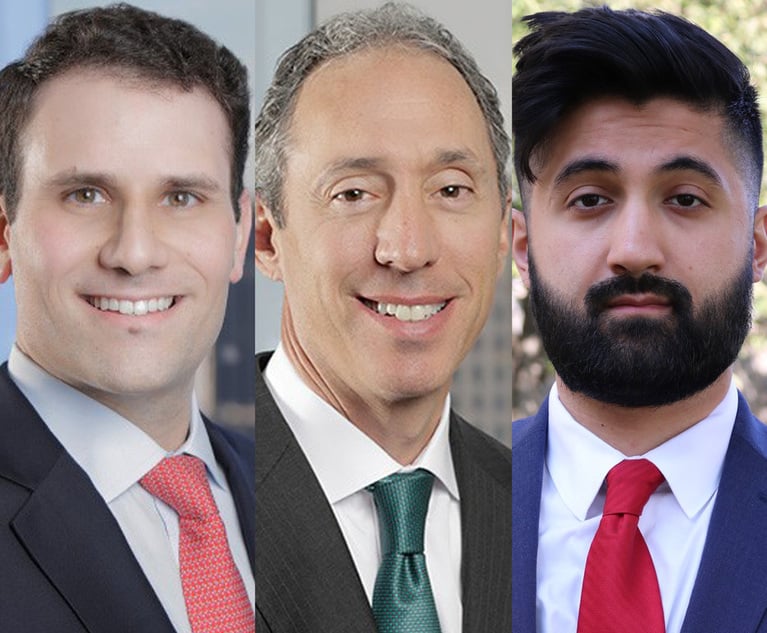It has been a year since New York City expanded the New York City Human Rights Law (NYCHRL) and released legal enforcement guidance (the Guidance) to prohibit employers from enacting “discriminatory policies that force Black employees to straighten, relax or otherwise manipulate their hair to conform to employer expectations.” See generally NYC Commission on Human Rights Legal Enforcement Guidance on Race Discrimination on the Basis of Hair, New York City Commission on Human Rights (February 2019). Covered employers (those with four or more employees in most cases) may be liable under the NYCHRL for policies and procedures that ban certain hairstyles or require the alteration of natural hair because, according to the New York City Commission on Human Rights (NYCCHR), such policies “subject Black employees to disparate treatment.” According to the Guidance, such hairstyles are “an inherent part of Black identity.” The NYCCHR makes clear that the Guidance does not only apply to Black employees, but extends to communities that have a “religious or cultural connection with uncut hair, including Native Americans, Sikhs, Muslims, Jews, Nazirites or Rastafarians.” In general, the NYCCHR deems unlawful grooming or appearance policies that target communities of color, religious minorities or other communities protected under the NYCHRL, including individuals protected on the basis of disability, age or gender. Employers may impose requirements related to maintaining a work appropriate appearance, but may not do so in a way that is discriminatory or targets specific hair textures or hair styles. Furthermore, if an employer has legitimate health or safety concerns, it may consider alternative means to meet the concerns but must do so prior to imposing a ban or restriction on employee hairstyles.
Since the Guidance was released, there has been at least one settlement promulgated by the NYCCHR on behalf of a group of employees of a hair salon who alleged that their employer told Black employees that the employees’ afros and box braids did not fit the salon’s upscale image. As part of the settlement, the salon agreed to create a multicultural internship program to provide professional opportunities to hairstylists from underrepresented groups.


 Photo: Prostock-studio via Shutterstock
Photo: Prostock-studio via Shutterstock




